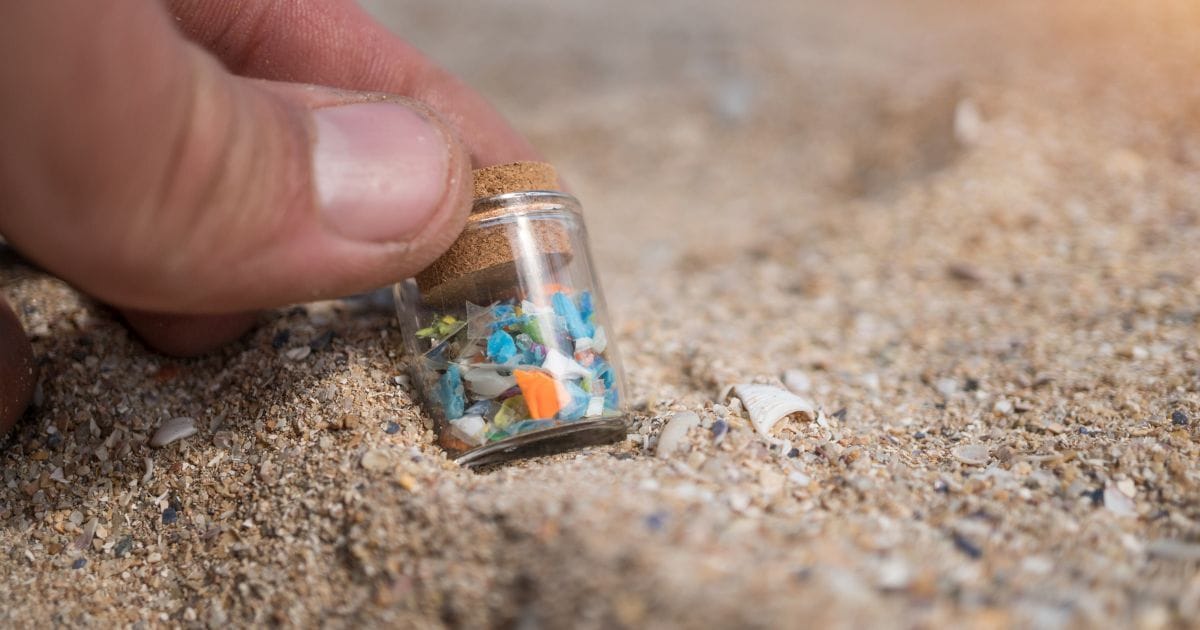Microplastics are showing up everywhere, from bottled water to table salt, and now, early research suggests they might also be changing what’s inside our gut.
In one of the first studies to test human samples, researchers found that microplastics can alter the gut microbiome, the community of bacteria that supports digestion, immunity and mental health. The findings were presented this week at United European Gastroenterology (UEG) Week 2025 in Berlin.
Using stool samples from five healthy volunteers, scientists grew gut microbiome cultures in the lab and exposed them to five common types of microplastics, including polystyrene and polypropylene, at levels similar to what people encounter through food and water. While the total number of bacteria didn’t change, the overall environment became more acidic, a sign that microbial activity had shifted.
Further testing revealed that certain bacterial families, such as Lachnospiraceae and Enterobacteriaceae, increased or decreased depending on the plastic type. Many of these bacteria belong to a larger group called Bacillota, which plays a major role in digestion and overall gut health.
Some of the chemical changes in the cultures resembled those seen in studies of depression and colorectal cancer, suggesting that microplastic exposure could influence pathways linked to disease risk.
“At this stage, the exact pathways remain unclear, but several plausible explanations are emerging,” said lead author Christian Pacher-Deutsch of the Medical University of Graz. “Microplastics may change microbial composition by creating physical or chemical environments that favor certain bacteria.”
He added that the particles can also carry substances that affect bacterial metabolism.
“This can lead to changes in acid production, which may serve as a bacterial stress response, unintentionally altering the gut’s pH.”
While much more research is needed, Pacher-Deutsch said the findings raise important questions about everyday exposure.
“Microplastics have been found in fish, salt, bottled water and even tap water, meaning that most people are exposed daily through ingestion, inhalation and skin contact,” he said. “The key takeaway is that microplastics do have an impact on our microbiome. While it’s too early to make definitive health claims, reducing microplastic exposure where possible is a wise and important precaution.”
The study was conducted by researchers at the Medical University of Graz and the CBmed research center in Austria as part of the microONE project, funded by the Austrian government’s COMET research program.
